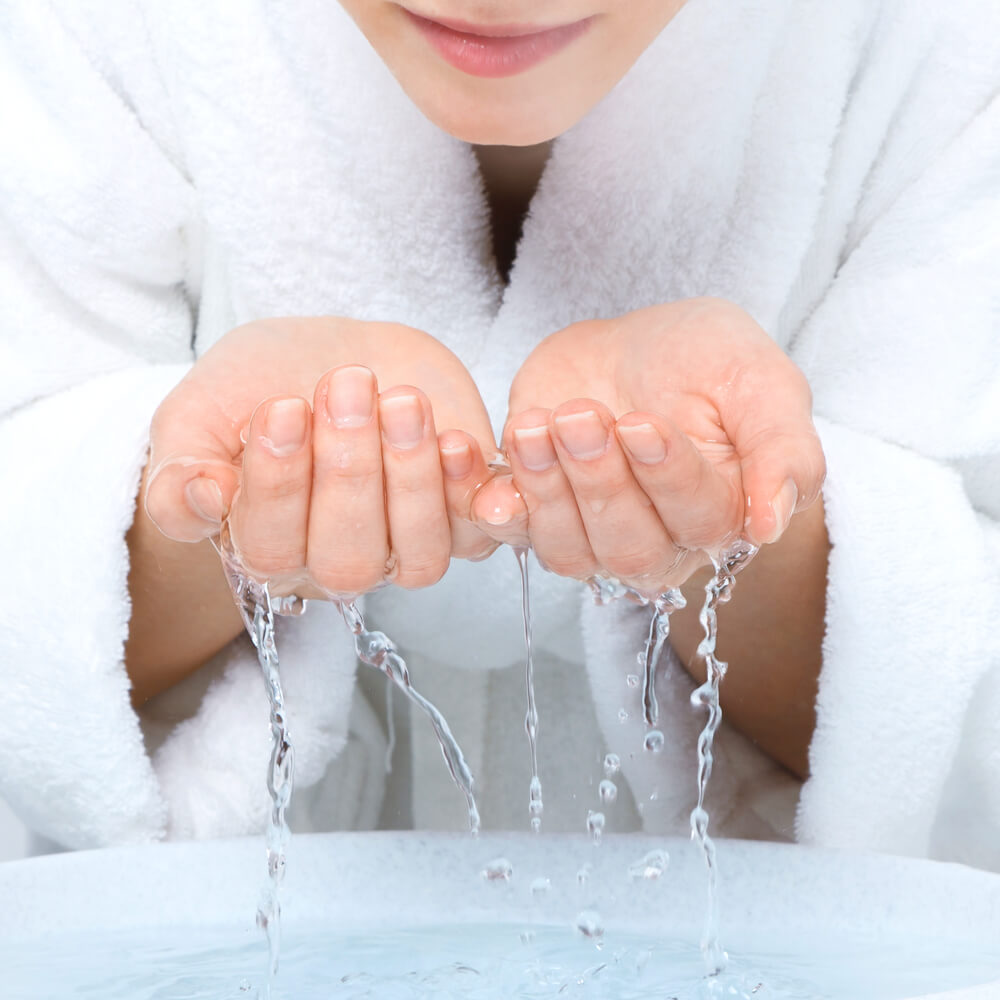Hurricane Ida hit New Jersey hard. As one of the eastern coastal states, we’re used to rough weather but this was a storm for the history books. Even today, there are still homes and entire neighborhoods underwater. The damage is extensive, but the real impact from this kind of disaster often comes from secondary damage. Mold growth will be a lurking problem even after the New Jersey water has receded. Drinking water contamination is a constant concern for as long as the flood continues to swell and overtake regions and facilities.
How Floodwaters Put New Jersey Water at Risk
When we see a major flood like the one we just witnessed, it can put the drinking water at risk. Contaminated (not filtered) water overruns the clean water containment systems. Any time natural or runoff waters run over and contaminate the water filtration and processing system. It risks contaminating the enter system of home drinking water.
Right now, the primary New Jersey water supplier, New Jersey American Water says that water is mostly safe to drink. They will be temporarily changing the chemical process to deal with extensive orders and limited supplies. Homeowners are still advised to filter or boil their water for a few weeks. This is to ensure that everything that comes out of the taps is safe to drink.
Typical New Jersey Troubles With Lead in the Pipe Lining
Even outside of legendary hurricane behavior, New Jersey is notorious for poor water quality in homes. To start with, NJ has a strong concentration of chalky minerals in the local rock and reservoirs. This results in hard water in homes. To make matters worse, New Jersey was recently found to have a high level of lead in schools and home drinking water. This is because the lead alloy cladding inside old municipal pipes has started to seep.
Lead was initially used to seal pipes, for lining and fixtures if not the whole pip. City water pipes in New Jersey were built with matching pipes that carry water from the filtration facility to homes and businesses. Those pipes were all or most lined with lead which is now deteriorating and seeping into the water.
How to Keep Your Home Drinking Water Safe in New Jersey
Lead and other dangerous contaminants can be removed from your home water in a number of ways. For biohazards like the microorganisms and pesticides that can be brought on by floodwaters, it is recommended to boil water before drinking it. However, to protect your family from both temporary and long-term water risks found in NJ home taps, your best solution is a more serious home water filtration system.
Activated carbon filters are functional for removing lead and other contaminants while reverse osmosis and partial reverse osmosis can also enact a high level of filtration for your home water.
The difference between a home water filtration system and putting filters directly on the taps is the completion of coverage. Heavy metal poisoning is possible through the skin, not just through drinking water. With a home system, you can ensure that your home and family have safe drinking water in the face of each seasonal or circumstantial change in the local water supply.
Regular Water Testing for New Jersey Homes
If you live in New Jersey, it’s important to have your tap water tested before you trust it to drink, cook, or bathe. Heavy metal poisoning and contamination from flooding are both dangerous to your long-term health and to future generations. Lead has the most profound effect on developing children. It’s also more important to stay vigilant about keeping lead out of your home tap water. Therefore regular water testing and filter maintenance is the best way to plan ahead.
Water testing every 6 to 12 months and scheduled water filter cleanings & tune-ups will help you keep your home completely free of the local New Jersey water hazards.
Does your New Jersey home need water filtration or water softening systems? Does your current system need maintenance or repair? Contact us today. Our team is ready to help you keep your home tap water clean and safe for drinking and bathing.






